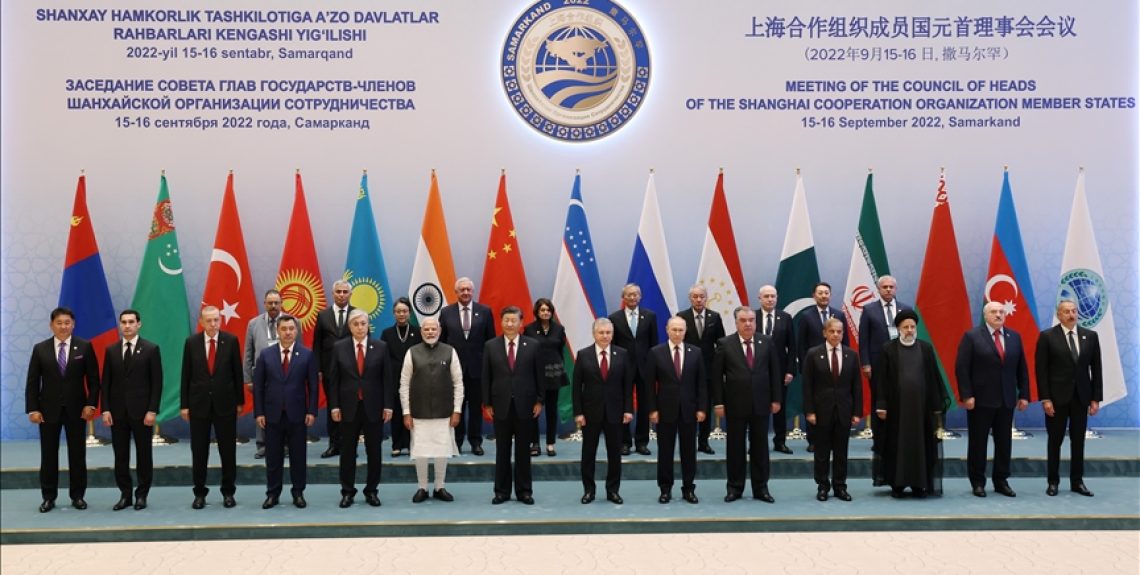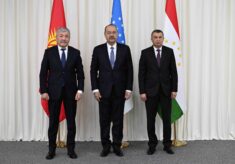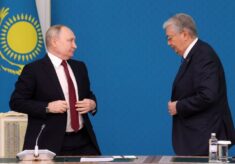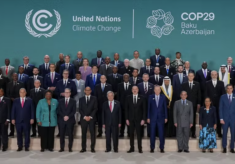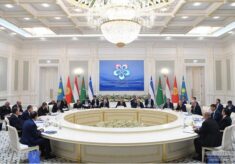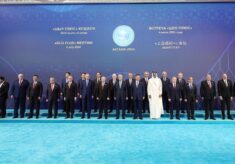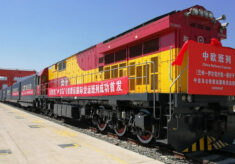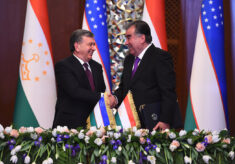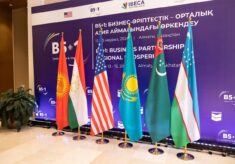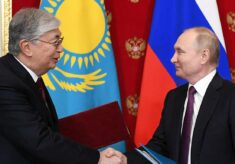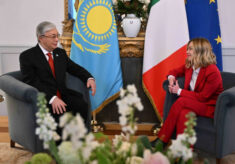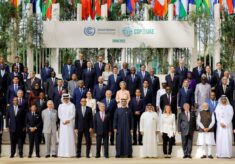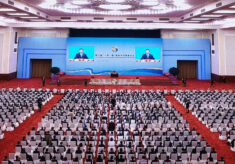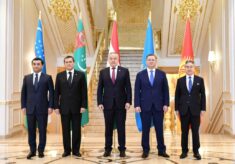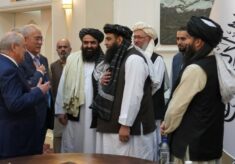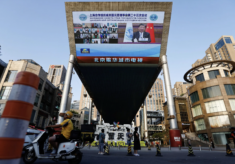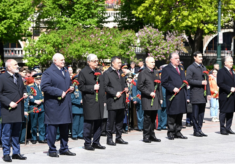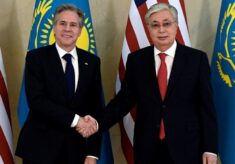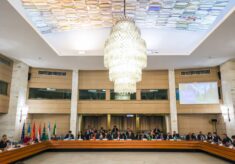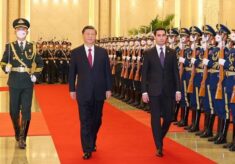The recent summit of the Shanghai Cooperation Organization (SCO) in Samarkand drew a great interest from the international community, that carefully monitored the geopolitical implications of this event in order to understand the state of relations between Russia and China as well as to evaluate the approach of involved regional actors (namely India, Turkey, Iran) towards the Russia’s invasion of Ukraine and the ongoing conflict.
However, even if SCO is evolving from a regional to a global security bloc (in the words of Belarus President Lukashenko), because it included countries such as Mongolia and Iran as observers, while Turkey and Azerbaijan attended the meeting as invited countries, the main focus of the organization remains Central Asia, with the shared commitment of all members to provide security and stability in the region, fighting against the so-called “three evils” (terrorism, ethnic separatism and religious extremism) and enhancing trade, economic and humanitarian cooperation.
In the Central Asian perspective, the SCO meeting has certified Russia’s diminishing influence in the post-Soviet space: following Ukraine’s invasion, political and diplomatic relations appear seriously undermined, while Russia does no longer appear as the main security provider, due to the perceived weakness of Moscow to deal with terrorist or asymmetric threats in the region.
China has consequently emerged as the main beneficiary of the Russian power’s erosion in Central Asia, not only as large trade partner, relevant investor and promoter of new infrastructures: for instance, on the side-lines of the meeting, Uzbekistan, Kyrgyzstan and China finally signed the agreement to complete the CKU railroad project which aimed at crossing these countries to open a new trade and transport corridor in the region, bypassing Russian territory.
Chinese president Xi Jinping’s visit in Kazakhstan before SCO’s summit (his first international visit abroad after the Covid 19 pandemic) represents the cornerstone of the emerging role of China in Central Asia’s geopolitical game: during the bilateral meeting with Kazakh President Tokayev, Xi Jinping expressed his support to Kazakhstan in the defence of its independence, sovereignty and territorial integrity, as well as opposing against interference by external forces in the domestic affairs of the country (Official Website of the President of the Republic of Kazakhstan, President Kassym-Jomart Tokayev held a bilateral meeting with President Xi Jinping of China, September 14, 2022). This is a clear message to Moscow, complaining about Kazakhstan’s neutral position on the war in Ukraine and its refusal to support the Russian military campaign, spreading concerns (more or less motivated) that Kazakhstan could become the next potential target of the Russia aggressive strategy.
Kazakhstan’s stability is a strategic goal of the Chinese policy, allowing Beijing to implement the Belt and Road Initiative, to enhance trade and energy cooperation as well as to preserve security in Xinjiang, which borders with Kazakhstan and represents the main gateway towards western markets (M. Assenova, Kazakhstan in the Diplomatic Spotlight, Eurasia Daily Monitor Volume: 19 Issue: 36, September 19, 2022).
SCO remains a promising forum of dialogue and regional cooperation, even if Central Asian republics share a more constructive and collaborative approach towards external players such as the USA, NATO and the EU, rejecting the idea that SCO could evolve as an anti-Western bloc dominated and influenced by Moscow and Beijing, mainly because this position contradicts the aim to develop a profitable multi-vector strategy in foreign policy.

